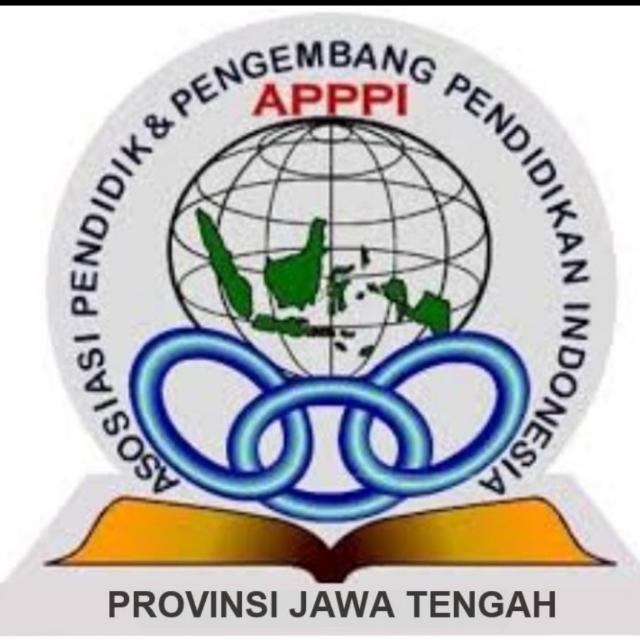Analisis Persepsi Orangtua Terhadap Pembelajaran Blended Learning pada Era New Normal di SD N 1 Kaliputih Kecamatan Singorojo Kendal
DOI:
https://doi.org/10.58204/pe.v1i2.30Keywords:
perception, blended learning, parentsAbstract
This research is motivated by the beginning of the new normal, the Ministry of Education and Culture and the Ministry of Religion have still not made a decision regarding school permits regarding the implementation of conventional learning in schools but several schools are using models starting with online learning models and some others are starting to implement blended learning learning, namely a combination of online learning (online) and face-to-face learning. The purpose of this study was to analyze parents' perceptions of blended learning, to analyze the inhibiting and supporting factors for blended learning in the new normal era at SD N 1 Kaliputih, Singorojo District, Kendal Regency. This type of research is a qualitative descriptive approach, the data source is in the form of information obtained from parents. students of SD N 1 Kaliputih. Data collection procedures include interviews and documentation. Methods of data analysis include data reduction, data presentation, and drawing conclusions. The results showed that parents' perceptions of blended learning, of the six parents of students at SD N 1 Kaliputih, four of them agreed with blended learning, one person gave an mediocre response and one person didn't like it. The inhibiting factors for blended learning include unstable internet signals because they are in the highlands, quotas run out quickly, learning media that are less supportive because the quality of cellphones is not sufficient. Supporting factors include the desire of students to learn, support from parents, and parental awareness of the importance of education for their children. Suggestions for parents are expected to always provide encouragement or motivation to their children so that their children are motivated to improve the quality of their learning, parents provide more attention to children to study harder and with parental love will foster self-confidence to improve learning activities.
References
Ainurrahman. (2013). Belajar dan Pembelajaran. Bandung: Alfabeta.
Alimi. (2021). Penerapan Model Pembelajaran Blended Learning pada Siswa Kelas IV di MI Al-Hidayah Wajak Kabupaten Malang. Skripsi. Malang: Universitas Islam Negeri Maulana Malik Ibrahim.
Baharudin. (2010). Teori Belajar dan Pembelajaran. Yogyakarta: AR-Ruzz Media.
Chaeruman, U. A., & Maudiarti, S. (2018). Quadrant of Blended Learning: a Proposed Conceptual Model for Designing Effective Blended Learning. Jurnal Pembelajaran Inovatif, 1(4).
Dwiyogo, W.D. (2018). Pembelajaran Berbasis Blended Learning. Depok: Rajawalipress.
Handoko & Waskito. (2018). Blended Learning: Teori dan Penerapannya. Padang: Lembaga Pengembangan Teknologi Informasi dan Komunikasi (LPTIK) Universitas Andalas.
Mendikbud RI. (2020). Surat Edaran Nomor 4 Tahun 2020 Tentang Pelaksanaan Kebijakan Pendidikan Dalam Masa Darurat Penyebaran Coronavirus Disease (COVID-19). 1–3. https://www.kemdikbud.go.id/.
Noervalida, Irma dkk. (2021). Metode Blended Learning dalam Meningkatkan Minat Belajar Mahasiswa Melalui Mata Kuliah Psikologi Pendidikan di Masa Pandemi Covid-19. Jurnal Ika, 9(1).
Purnamasari, I. (2021). Pemecahan Masalah Kesulitan Belajar Siswa pada Masa Pandemi Covid-19. Jurnal Mimbar PGSD Undiksha, 9(1).
Puspitasrini, D. (2022). Blended Learning sebagai Model Pembelajaran Abad 21. Jurnal Karya Ilmiah Guru, 7(1).
Stein, J., & Graham, C. R. 2014. Essentials for Blended Learning. In Essentials for Blended Learning. https://doi.org/10.4324/9780203075258.
Syamsuar, S., & Reflianto, R. (2019). Pendidikan dan tantangan pembelajaran berbasis teknologi informasi di era revolusi industri 4.0. E-Tech: Jurnal Ilmiah Teknologi Pendidikan, 6(2).
Wardana, M.Y.S. & Damayani, A.T. (2017). Persepsi Siswa Terhadap Pembelajaran Pecahan Di Sekolah Dasar. Mosharafa: Jurnal Pendidikan Matematika, 6(3).
Downloads
Published
How to Cite
Issue
Section
License
Copyright (c) 2023 Pena Edukasia

This work is licensed under a Creative Commons Attribution-ShareAlike 4.0 International License.









